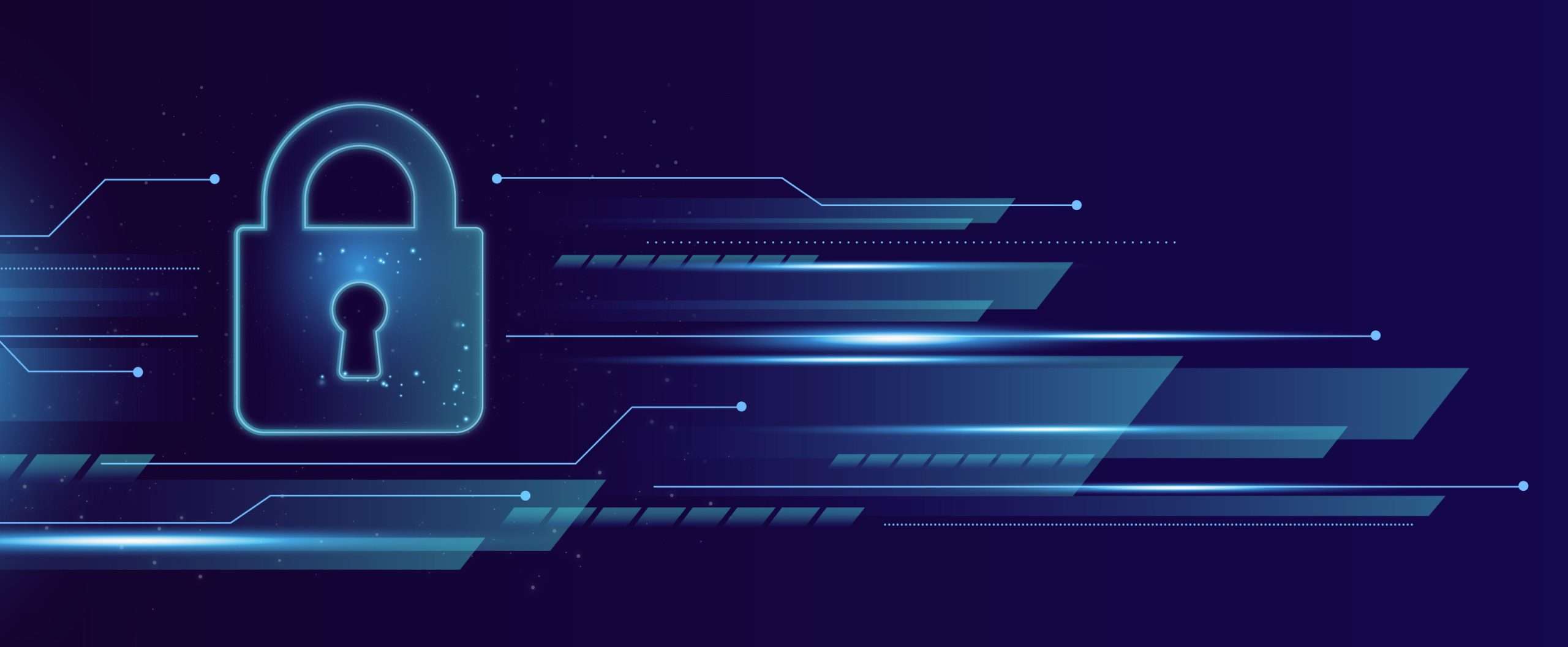-
Request a call back
+91 8310786100
-
Write us
contact@cybivalue.com
-
Book a Consultation
Click Here
discuss your needs and explore solutions.
reliable solutions to meet your needs.
We identify and address security flaws by testing your systems against real-world attack scenarios. This proactive approach helps mitigate risks before they can be exploited.
We identify and address security flaws by testing your systems against real-world attack scenarios. This proactive approach helps mitigate risks before they can be exploited.
We evaluate APIs for vulnerabilities to ensure secure data transmission and prevent unauthorized access. This testing ensures your API integrations are safe from cyber threats.
We evaluate APIs for vulnerabilities to ensure secure data transmission and prevent unauthorized access. This testing ensures your API integrations are safe from cyber threats.

Protects an organization’s network infrastructure from cyber threats, unauthorized access, and data breaches. Network security encompasses firewalls, intrusion detection and prevention systems (IDS/IPS), and virtual private networks (VPNs) to create secure connections. Continuous monitoring detects anomalies, helping prevent data theft or system compromise. Firewalls control incoming and outgoing network traffic, while IDS/IPS identifies and blocks malicious activities. Network segmentation further limits damage from potential breaches by isolating sensitive areas. Regular updates and patching keep network defenses robust. Security protocols and encryption add extra layers of protection. Network security ensures secure communication across LANs and WANs. Essential for safeguarding business-critical information and systems.
Secures all endpoint devices like computers, mobile phones, and tablets from cyber threats, including malware, ransomware, and phishing. Endpoint security solutions often include antivirus software, anti-malware tools, and endpoint detection and response (EDR). By monitoring each device, EDR solutions detect unusual behaviors indicative of potential attacks. Device management policies enforce encryption and access controls, reducing risk from lost or stolen devices. Endpoint security is crucial for businesses with remote or mobile workforces. Threat intelligence integration provides proactive defenses against known attacks. Centralized management platforms streamline security oversight across all endpoints. Regular scans and real-time protection prevent unauthorized access and malware infections. Endpoint security strengthens the overall cybersecurity posture of an organization.
Outsourced cybersecurity services that provide continuous monitoring, threat detection, and incident response. Managed Security Service Providers (MSSPs) offer specialized expertise to safeguard organizations from cyber risks. MSS covers vulnerability management, threat intelligence, and compliance support. Organizations benefit from 24/7 monitoring, reducing response times during attacks. MSSPs can implement customized security solutions based on business needs. Outsourcing security tasks is cost-effective for businesses without internal security teams. MSS includes periodic security assessments, keeping systems updated against emerging threats. Threat intelligence insights help MSSPs predict and block sophisticated attacks. MSS provides scalable solutions, adapting to growing cybersecurity needs as businesses expand.
The process of recognizing and assessing potential security risks, vulnerabilities, and threats to the system or network.
Implementing measures such as firewalls, encryption, and access controls to stop cyber threats before they can exploit vulnerabilities.
Monitoring systems for suspicious activities or breaches, using tools like intrusion detection systems (IDS)
WhatsApp us




WhatsApp us